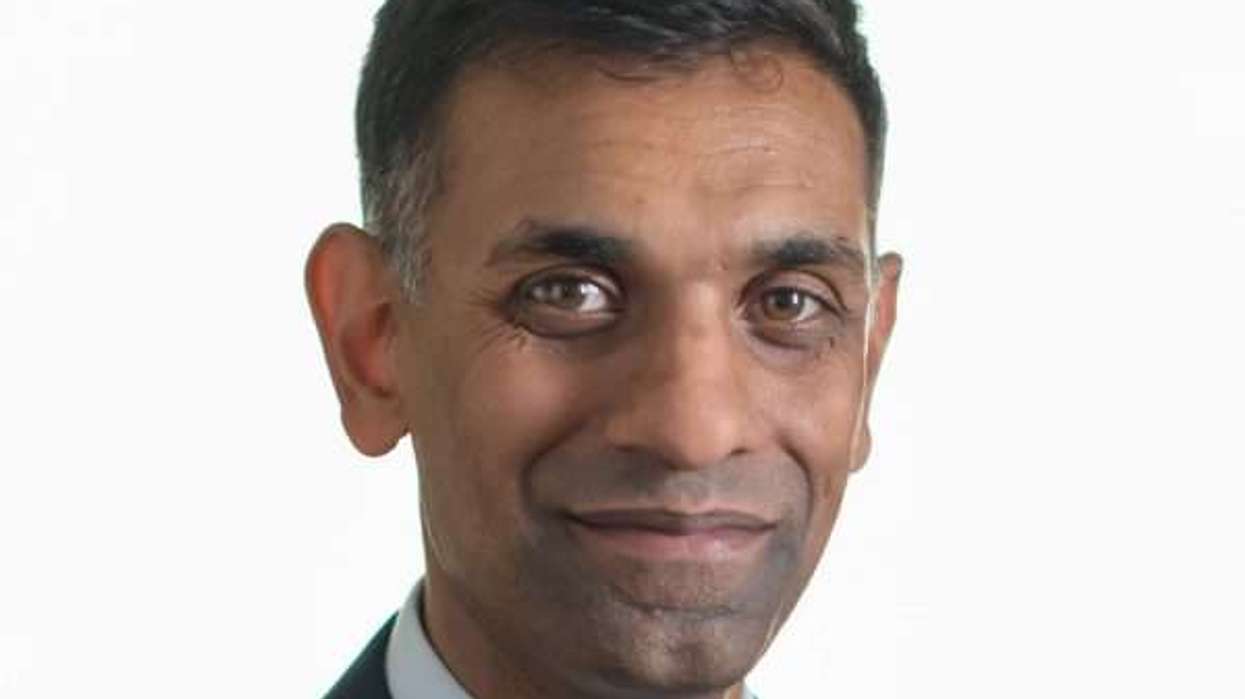In India, a vibrant celebration unfolds over five days, marking the triumph of light over darkness and good over evil. This grand festival, known as Diwali or the Festival of Lights, captivates the nation with its rich traditions and profound symbolism.
The very essence of Diwali is captured in the Sanskrit word "dipavali," meaning "row of lights," echoing the festival's luminous spirit. Occurring at the beginning of the Indian astrological calendar, typically in the transition from October to November, this year, the Hindu community will celebrate Diwali on Sunday, November 12.
Diwali, marks a bountiful harvest and the start of an auspicious new year. The five days of Diwali are rich in tradition, each day holding unique rituals and celebrations.
Day 1: Dhanteras - Preparing for radiance - The festivities kick off with meticulous home preparations. Families engage in thorough cleaning, refurbishments, and the removal of unwanted items. This cleansing ritual is not just a physical act; it symbolises the pure heart needed to welcome Lakshmi, the Hindu goddess of wealth. On this day, homes are adorned with tea lights, and new kitchen utensils are acquired, believed to usher in good fortune.
Day 2: Naraka Chaturdashi - Artistry and sweet connections - Intricate rangolis, crafted from coloured rice, powder, or flowers, grace doorways, guiding Goddess Lakshmi into homes. Families, nestled in the warmth of their homes, exchange sweets, strengthening bonds with friends and family, creating a sense of unity and joy.
Day 3: Lakshmi Puja - Illuminating prosperity - The main day of Diwali arrives with the illuminating ceremony of Lakshmi Puja. Homes come alive with the soft glow of diyas, oil lamps representing prosperity and optimism. Handmade from clay and painted in vibrant hues, these diyas dispel darkness on the night of the new moon, embodying the victory of light. Families gather, recite the Lakshmi puja prayer, and indulge in traditional delicacies. The spirit of community shines through as families exchange delectable treats like jalebi, karanji, and coconut laddoo.
Day 4: Govardhan Puja - Welcoming the New Year - Diwali's momentum carries forward as the fourth day heralds the New Year. Friends and family come together, exchanging gifts and heartfelt wishes. This day resonates with Lord Krishna's essence and marks the Gujarati new year. Food offerings signify prosperity and spiritual enlightenment, connecting people in a shared vision of abundance.
Day 5: Bhai Dooj - Embracing sibling bonds - The grand finale of Diwali, the fifth day, reverberates with the essence of family and tradition. Brothers embark on journeys to their married sisters' homes, where they are welcomed with open arms and a feast of delicious, home-cooked meals. Sisters, even in their absence, offer heartfelt prayers for their brothers' longevity and prosperity. This day stands as a testament to the enduring love between siblings, marked by rituals, gifts, and the sweetness of traditional treats.
As fireworks illuminate the night sky, the echoes of Diwali resonate not just across India but also in the hearts of families, weaving a tapestry of shared moments, tradition, and love. Diwali, in all its splendour, stands as a testament to the enduring spirit of togetherness, spreading its radiant glow far and wide.




